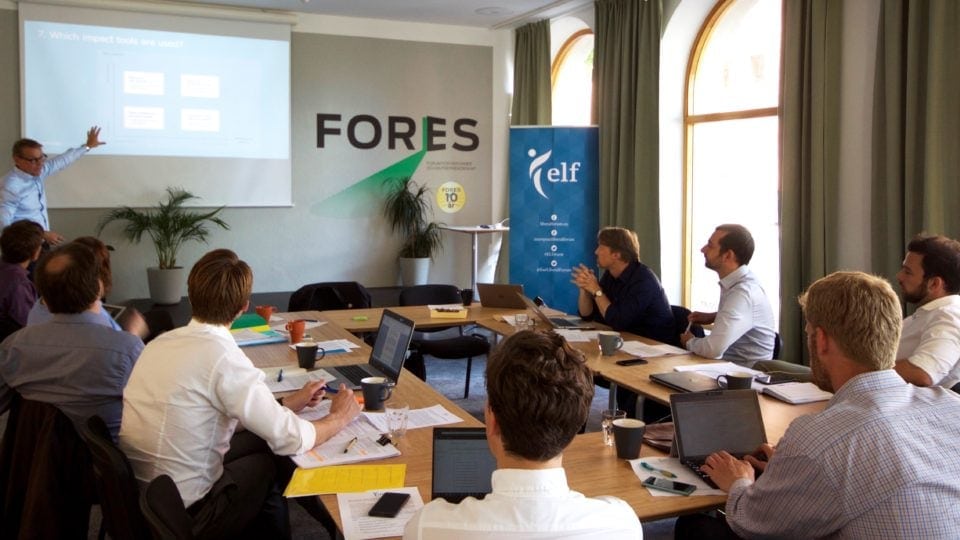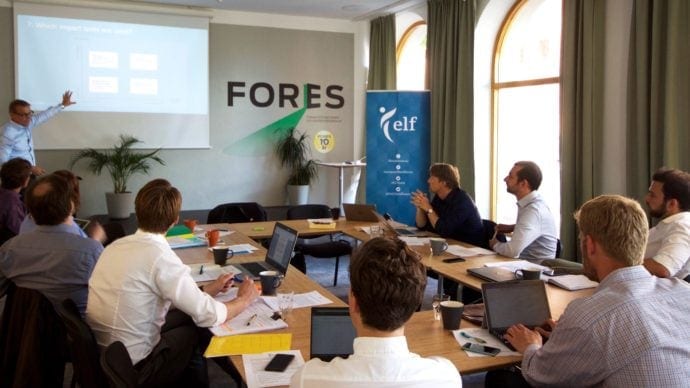As most ELF members will doubtlessly concur, explaining just what a think-tank does – and does not – do, is not an easy task. Quantifying the results of the think-tanks work, on request from board members, financial supporters or policy makers, is a daunting task, which is often solved by rather reporting activities such as conferences held, politicians met or publications launched. When pressed to deliver ”real” short term results, the think-tank risks falling into the trap of being too close to policy or to mimic the work of consultants or lobbyists. On the other hand, not focusing on results may result in inefficiency and complacency, and may lead to funders withdrawing their support.
We gathered for a discussion on how to best measure success for think-tanks. The workshop was part of the project with the same name, aiming to produce a report on best practises, to be distributed to ELF members and other organisations that have taken part in the work. The report will be written based on the workshop discussions and the background report that was sent to the participants and will be presented at the ELF autumn general assembly. The participants represented four ELF member organisations, the ELF secretariat, two of Fores’ founding organisations and the consultancy Damvad, that had written parts of the background report for the workshop.
Susanne Hartig, ELF, welcomed everyone and briefly presented the thoughts so far from the board and secretariat on key performance indicators, as presented at the spring general assembly. Torben Bundgaard Vad from Damvad presented his part of the background report, summarizing experiences from working with several think tanks on measurements. Andreas Bergström, Fores, presented parts of the rest of the background report, with some findings from the questionnaire and in-depth interviews with ELF member organisations and other think tanks.
In workshop session one, we discussed the purpose of measuring. One conclusion was that given the diversity of ELF member organisations, we can’t expect the final report in the project to be an instruction for measuring, rather an inspiration guide. Another was that the wanted impact of a think tank can be changes in society that happen over decades, and therefore cannot be easily measured.
In workshop session two, we discussed more details of what should be included in the final report. One conclusion was that it is important that the member organisations feel that they learn something from this process, it cannot be something you do for the sake of the ELF secretariat. Another is that it can probably be fruitful to divide projects into a few categories, with different guidelines for measuring.

